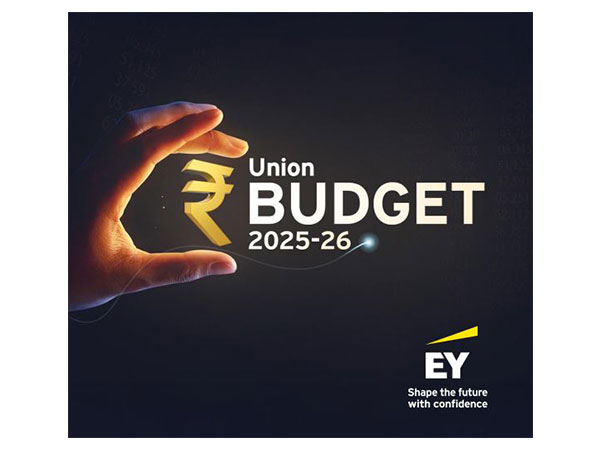Union Budget 2025: Tax Reforms for Common Citizens
Ernst & Young India suggests major tax reforms for the 2025-26 Union Budget, including personal tax relief by raising the exemption limit, simplifying TDS rates, and enhancing ESOPs deferment benefits. The firm also highlights the need for resolving tax disputes and improving the clarity around capital gains and cryptocurrency taxation.

- Country:
- India
As the Union Budget 2025-26 approaches, Ernst & Young India urges the government to prioritize personal tax relief for everyday citizens. The global consulting firm recommends elevating the basic exemption limit in the new tax regime from Rs 3 lakhs to Rs 5 lakhs, along with a reduction in tax rates to alleviate taxpayer burdens.
Advocating for broader reforms, EY India calls for the deferral of TDS on provident fund interest until the withdrawal stage, reducing compliance complexities. Sameer Gupta, EY India's National Tax Leader, suggests the TDS rate structure should be simplified into a few broad categories, potentially paving the way for a comprehensive review of the direct tax code.
Other proposals include expanding ESOPs tax deferment benefits to all employers and introducing measures to expedite tax dispute resolution. With over Rs 31 trillion caught in income tax litigation, equivalent to 9.6% of India's GDP, the firm stresses the necessity for safe harbours and better differentiated HRA exemptions, particularly in Tier-2 cities.
Further reforms are recommended in capital gains, where the firm highlights the need to address anomalies in holding periods for assets like slump sales and unlisted shares in IPOs. The budget also needs to clarify exemptions for sovereign wealth and pension funds in infrastructure investments and tackle ambiguity in cryptocurrency and NFT taxation.
(With inputs from agencies.)










